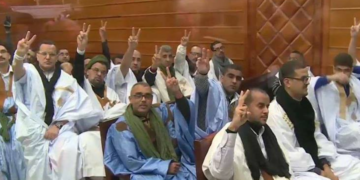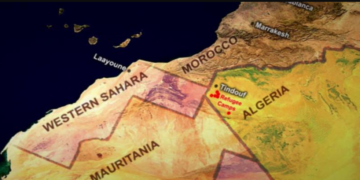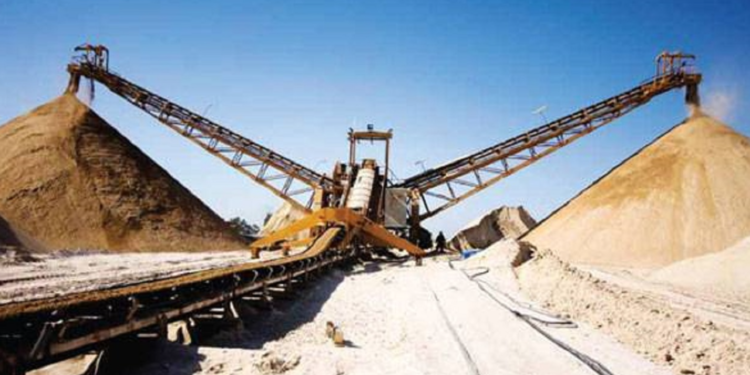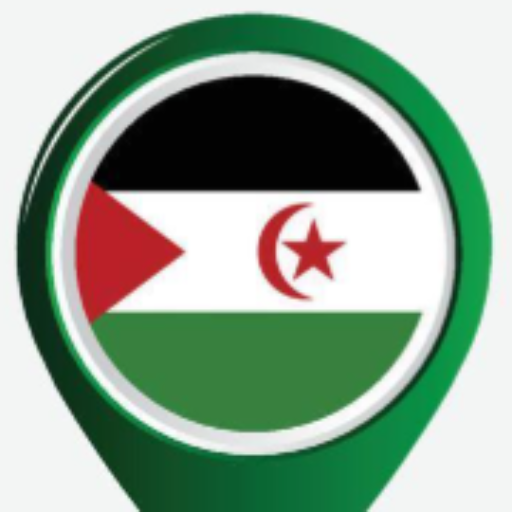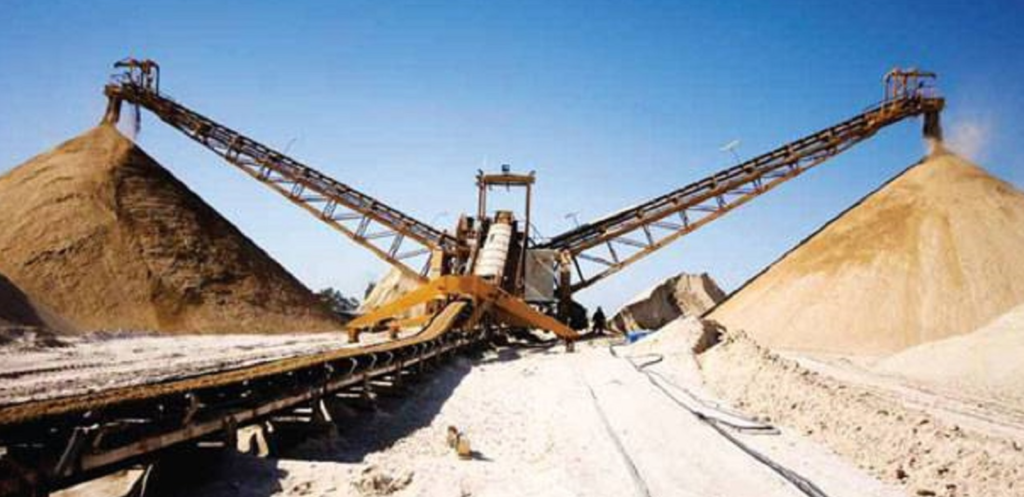
Phosphate is one of the most significant natural resources in Western Sahara, with the Bou Craa mine near Laayoune being one of the world’s largest reserves. Following Morocco’s occupation of Western Sahara in 1975, the exploitation of this resource became a key component of Morocco’s economy, raising serious concerns about the legality and ethicality of its extraction under international law.
Phosphate Wealth in Western Sahara
- Bou Craa Mine: Produces approximately 10% of Morocco’s total phosphate output. Phosphate from this mine is transported to Laayoune Port via the world’s longest conveyor belt, stretching 98 kilometers.
- Revenue and Output: The annual production is around 1 million tons, generating hundreds of millions of dollars annually. Despite this wealth, the Sahrawi people remain marginalized, receiving little to no benefit from this lucrative resource.
Legality and International Law
- European Court of Justice (ECJ) Ruling: In 2021, the ECJ ruled that Morocco has no legal right to exploit Western Sahara’s resources without the explicit consent of its people. This exploitation violates international law, which safeguards the right to self-determination.
- UN Classification: The United Nations classifies Western Sahara as a non-self-governing territory, meaning its resources should not be exploited by external parties without the consent of the indigenous population.
Role of the Moroccan State and “Makhzen”
- Economic Dependence: Morocco heavily relies on phosphate revenue from Western Sahara to bolster its national economy and strengthen its political hegemony.
- Resource Redistribution: While revenues from these resources fund development projects in Morocco, the indigenous Sahrawi population faces poverty and neglect, particularly in refugee camps in neighboring Algeria.
Criticism from Rights Organizations
- Global Condemnation: Organizations such as Human Rights Watch and Western Sahara Resource Watch have denounced the economic exploitation of Western Sahara’s resources as a direct violation of human rights.
- Corporate Withdrawals: Some international corporations have ceased operations involving Saharan phosphate due to mounting legal and ethical concerns, reflecting growing global awareness of the issue.
Towards a Fair Resolution
The path forward requires granting the Sahrawi people full control over their natural resources and enabling them to benefit equitably. This resolution aligns with their right to self-determination and respects international law.
Conclusion
The ongoing exploitation of Western Sahara’s phosphate by Morocco is one of the most prominent cases of illegal resource extraction in modern times. It underscores the need for increased international pressure on Morocco to halt these activities and prioritize the rights and welfare of the Sahrawi people.


